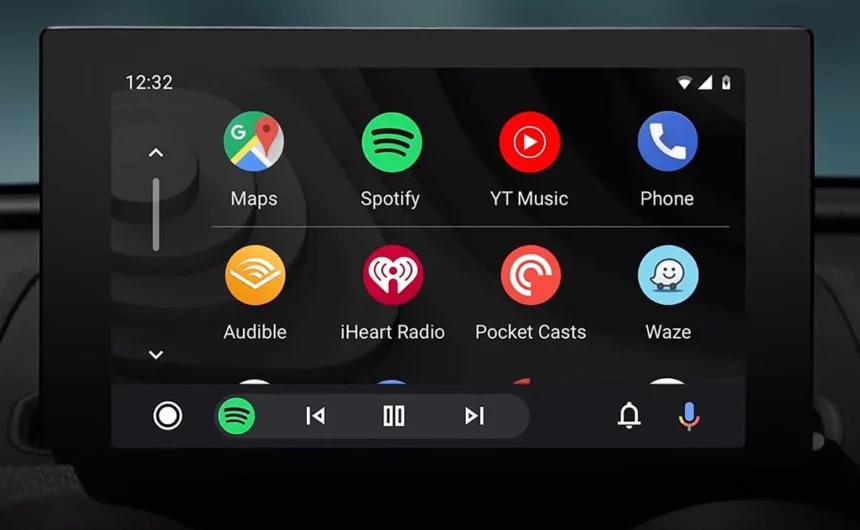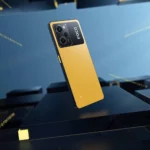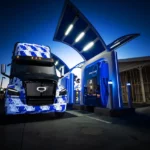According to an anonymous source with knowledge of the matter, Porsche is reportedly in talks with Google to fully integrate the tech giant’s software into its vehicles. This move towards greater technology integration in cars is a shift in strategy for Porsche, which had previously been hesitant to work with Google due to concerns over data sharing.
The agreement, which is being negotiated specifically for the Porsche brand and not for the Volkswagen Group as a whole, would allow Porsche customers to access a wide range of Google applications such as Google Maps, Google Assistant, and more without needing to connect their car to an Android phone. This would bring a host of new features and functionality to Porsche vehicles, including hands-free control of navigation, music, and other apps and the ability to access real-time traffic and weather information.
Porsche CFO Lutz Meschke had previously announced that Porsche was in close contact with Google, as well as Apple and several Chinese tech companies, following the discontinuation of its partnership with Volkswagen’s Cariad unit in software R&D. This move by Porsche is in line with the trend of carmakers partnering with tech giants to bring cutting-edge technology to their vehicles.
Many car manufacturers, such as General Motors, Renault, Nissan, and Ford, have already integrated Google technology into their vehicles through the Google Automotive Services (GAS) package. The GAS package includes features like Google Maps, Google Assistant, and many more applications, which makes the driving experience more connected and convenient for the users.
However, some carmakers are hesitant to give tech giants unfettered access to data generated by connected cars or to allow them to replace the carmakers’ brands in the dashboard display. For instance, BMW has announced that It will use its operating system for connected cars instead of relying on third-party systems.
This allows BMW to maintain control over the data generated by its connected cars and to keep its brand prominently displayed on the dashboard. Despite the concerns, the trend towards greater technology integration in cars shows no signs of slowing down, as carmakers recognize the need to stay competitive in an increasingly connected and technology-driven industry.









